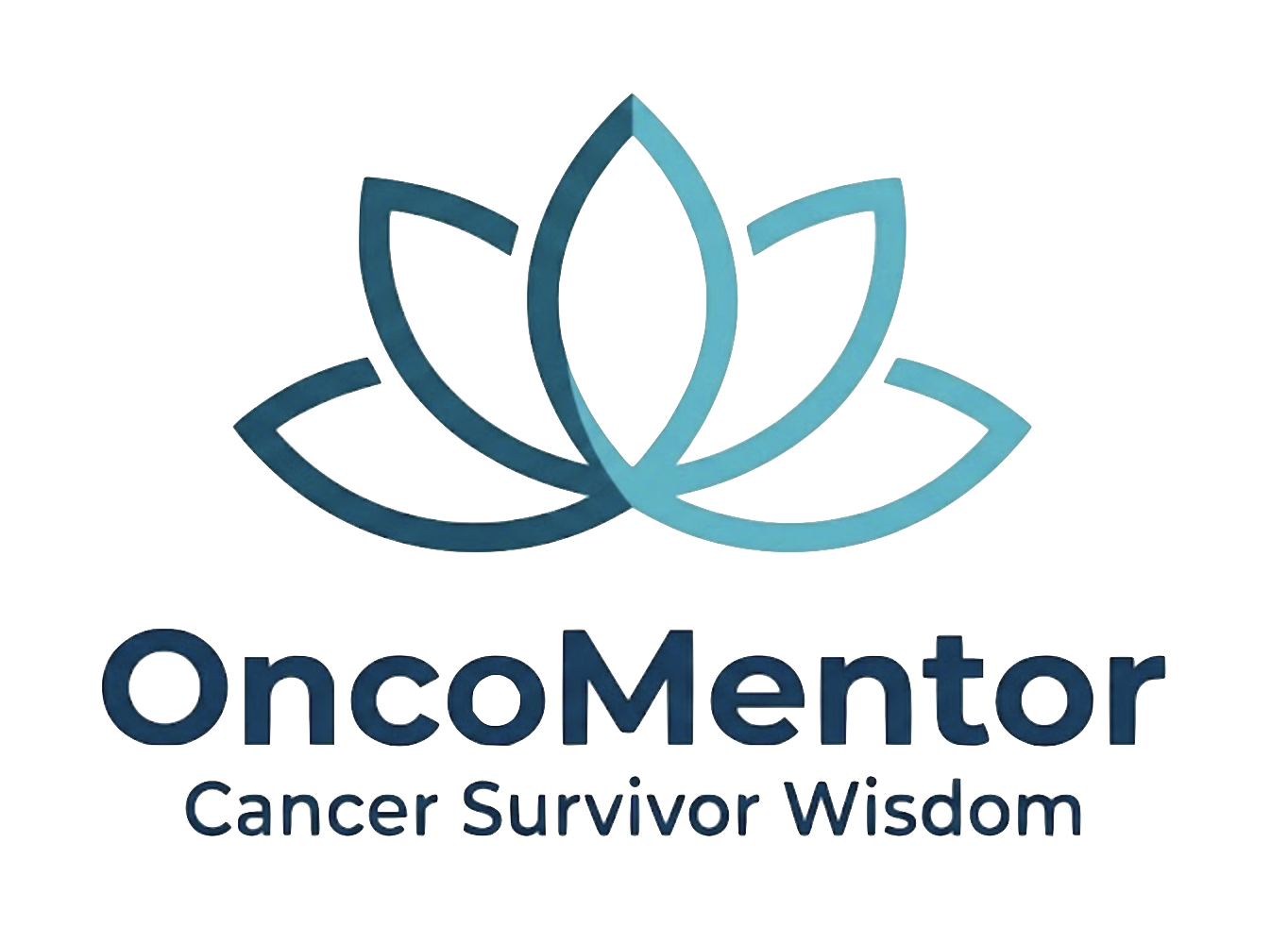In cancer care, progress is often measured in survival curves and breakthrough therapies. Yet one of the most meaningful advances of late has less to do with new biology and more to do with the lived experience of patients. The Food and Drug Administration has approved a new version of the immunotherapy Keytruda, long a mainstay treatment for many types of solid tumors. Marketed as Keytruda Qlex, the drug can now be given as a quick injection under the skin rather than through an hours-long intravenous infusion.
For years, patients receiving Keytruda have been required to spend as much as two hours in infusion centers, tethered to IV lines in busy clinics. The new formulation changes that entirely. In as little as two minutes, the treatment can be administered subcutaneously, offering patients back valuable hours of their day. For those who return for therapy every few weeks, the cumulative effect is substantial—time that can now be spent at home, with loved ones, or simply recovering in comfort.
The approval is not about altering the drug’s medical profile. Its safety and effectiveness remain the same. What is different is the recognition that the process of care matters as much as the outcome. By easing the logistical burden of treatment, the new approach benefits both patients and the health system. Infusion centers may find relief in shorter appointments, freeing resources for others in need.
This step reflects a broader shift in oncology and medicine more widely. Increasingly, pharmaceutical companies and health care providers are focusing not only on treating disease, but on improving the patient’s entire journey through care. Innovations like Keytruda Qlex show that progress can be measured in minutes gained, burdens lifted, and dignity restored.
In cancer treatment today, the revolution is not always in the laboratory. Sometimes it is in the quiet rethinking of what patients endure—and in finding ways to make that journey more humane.
This article is for informational purposes only and does not constitute medical advice. The content is not intended to be a substitute for professional medical advice, diagnosis, or treatment. Always seek the advice of your physician or another qualified health provider with any questions you may have regarding a medical condition. Never disregard professional medical advice or delay in seeking it because of something you have read in this article.
https://www.fda.gov/drugs/resources-information-approved-drugs/fda-approves-pembrolizumab-and-berahyaluronidase-alfa-pmph-subcutaneous-injection





